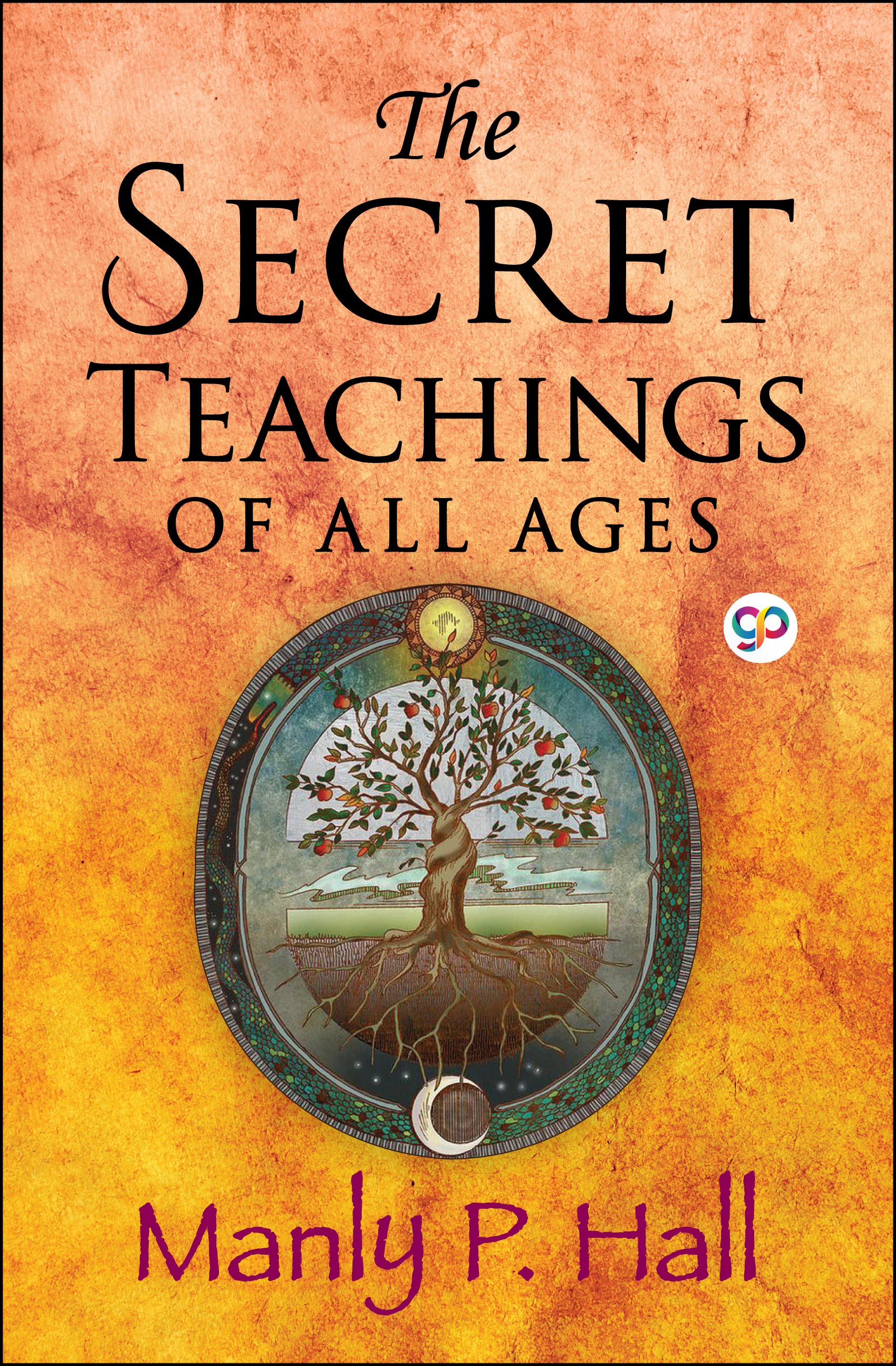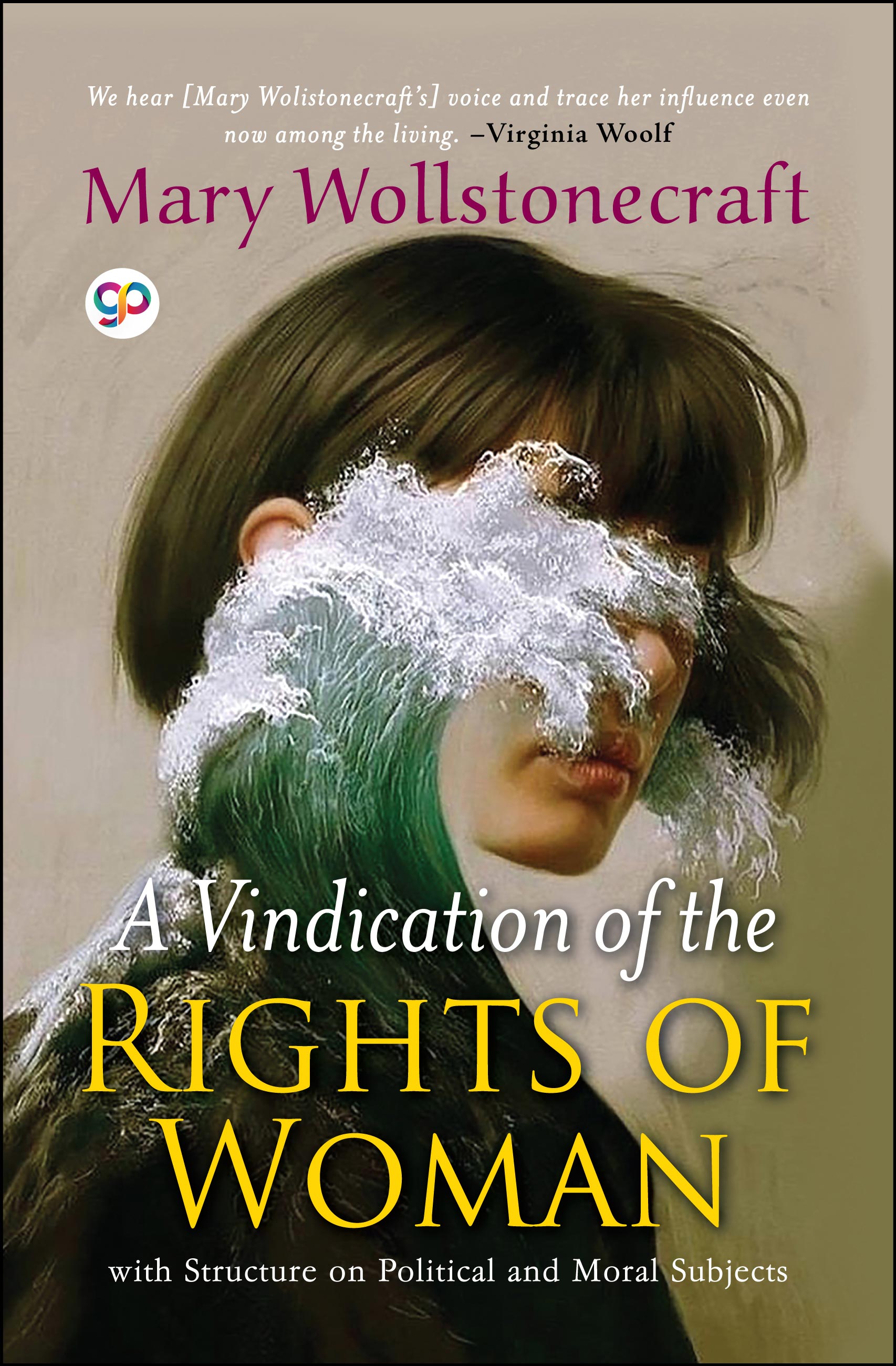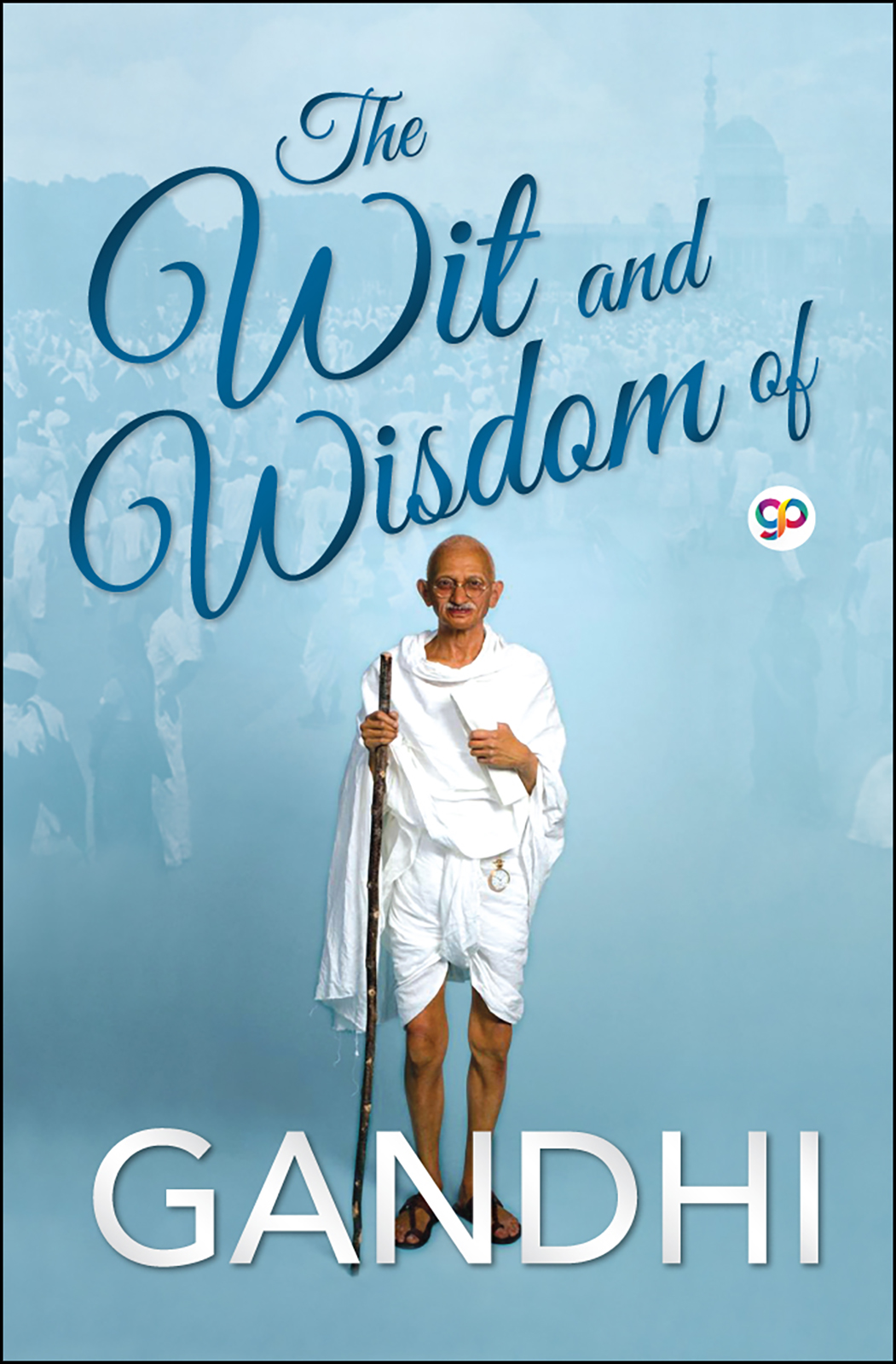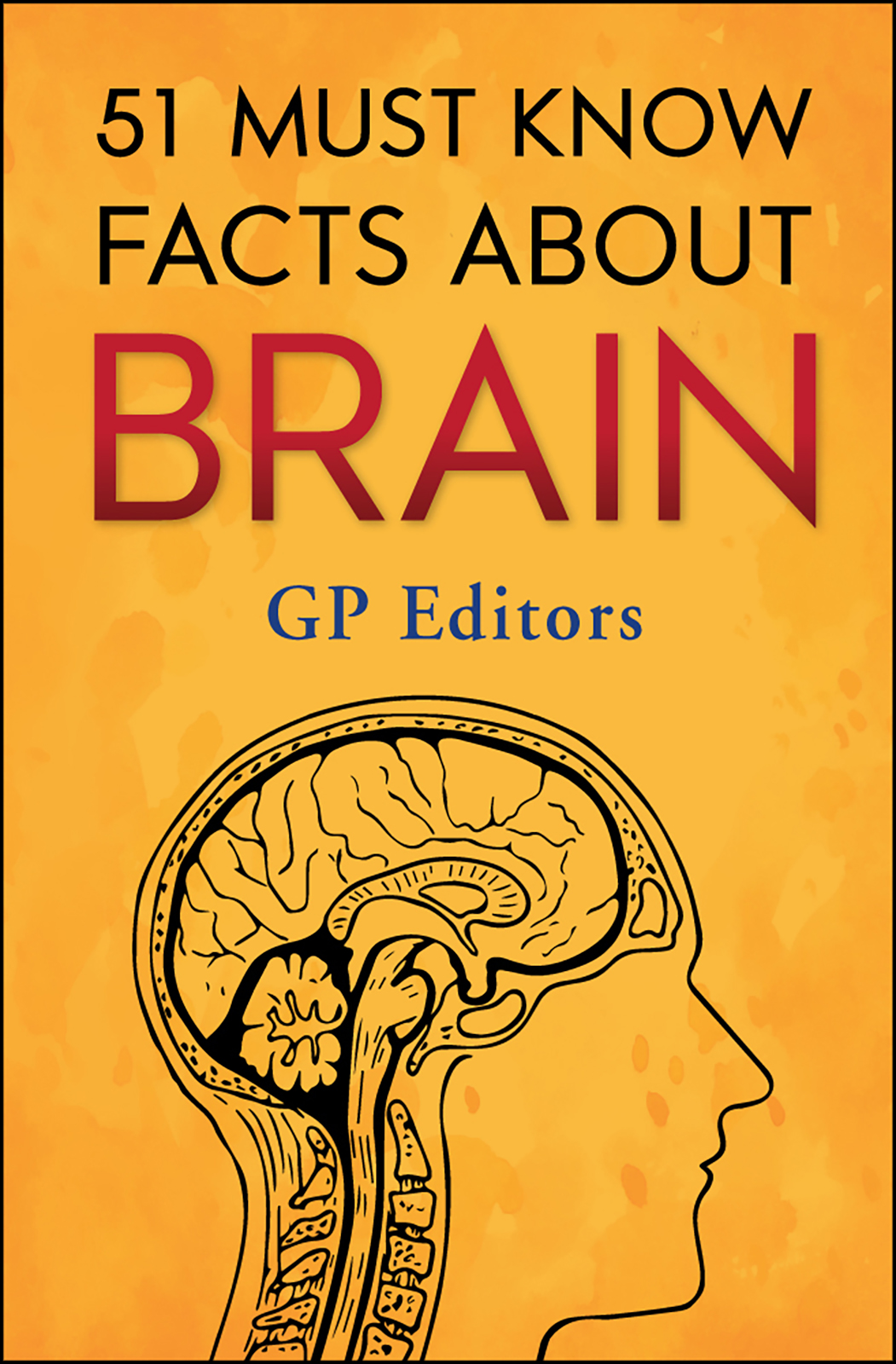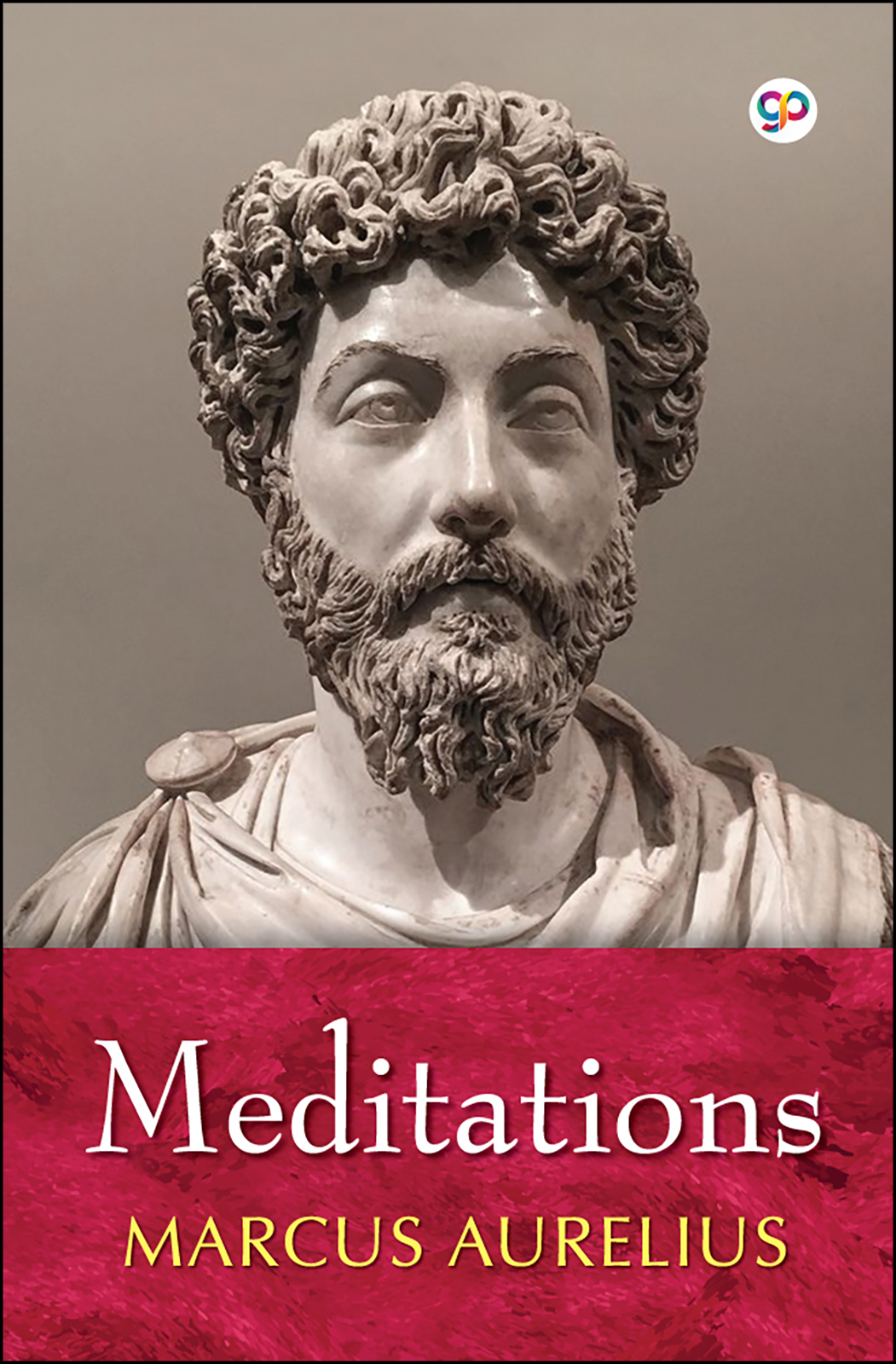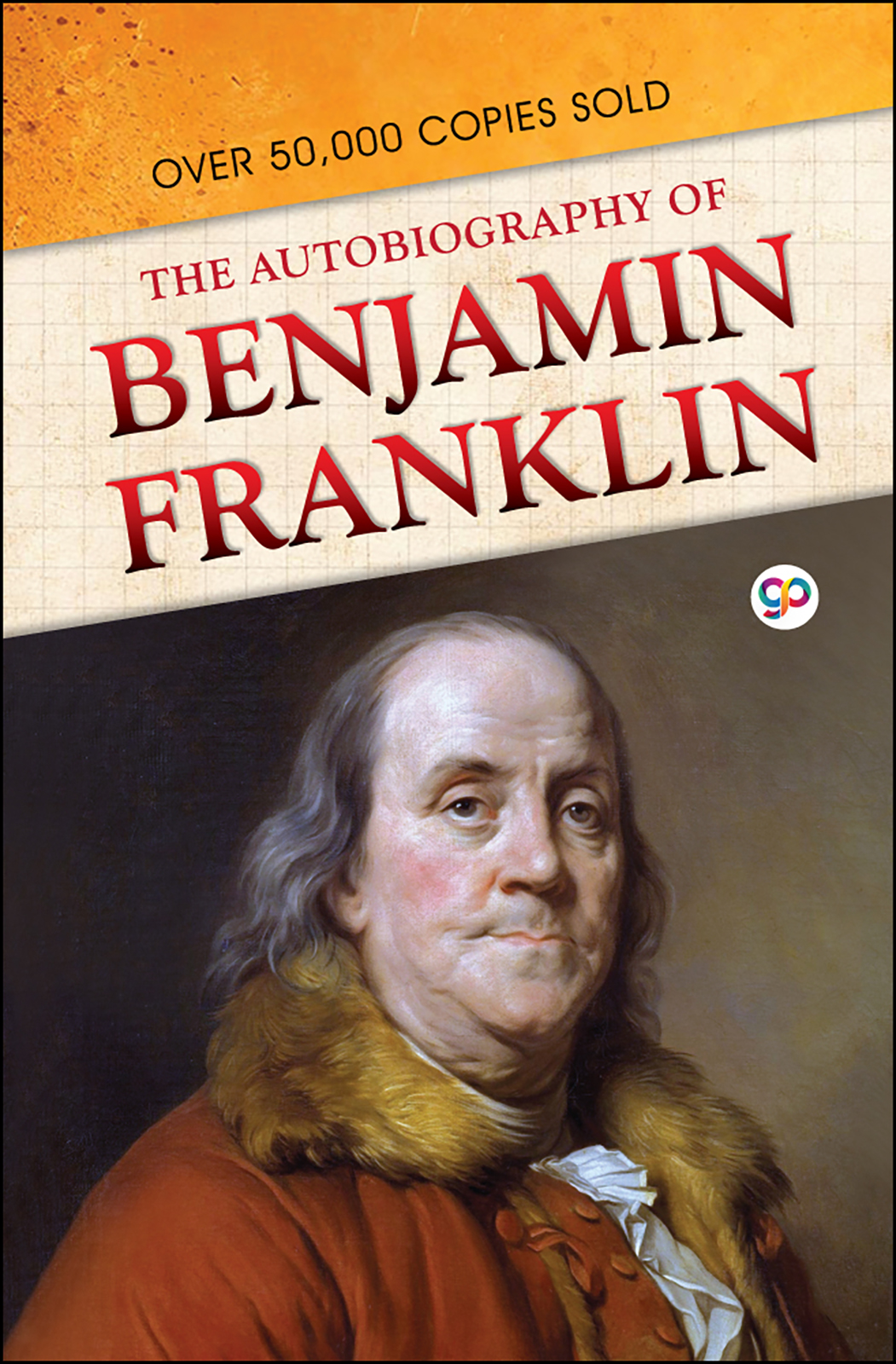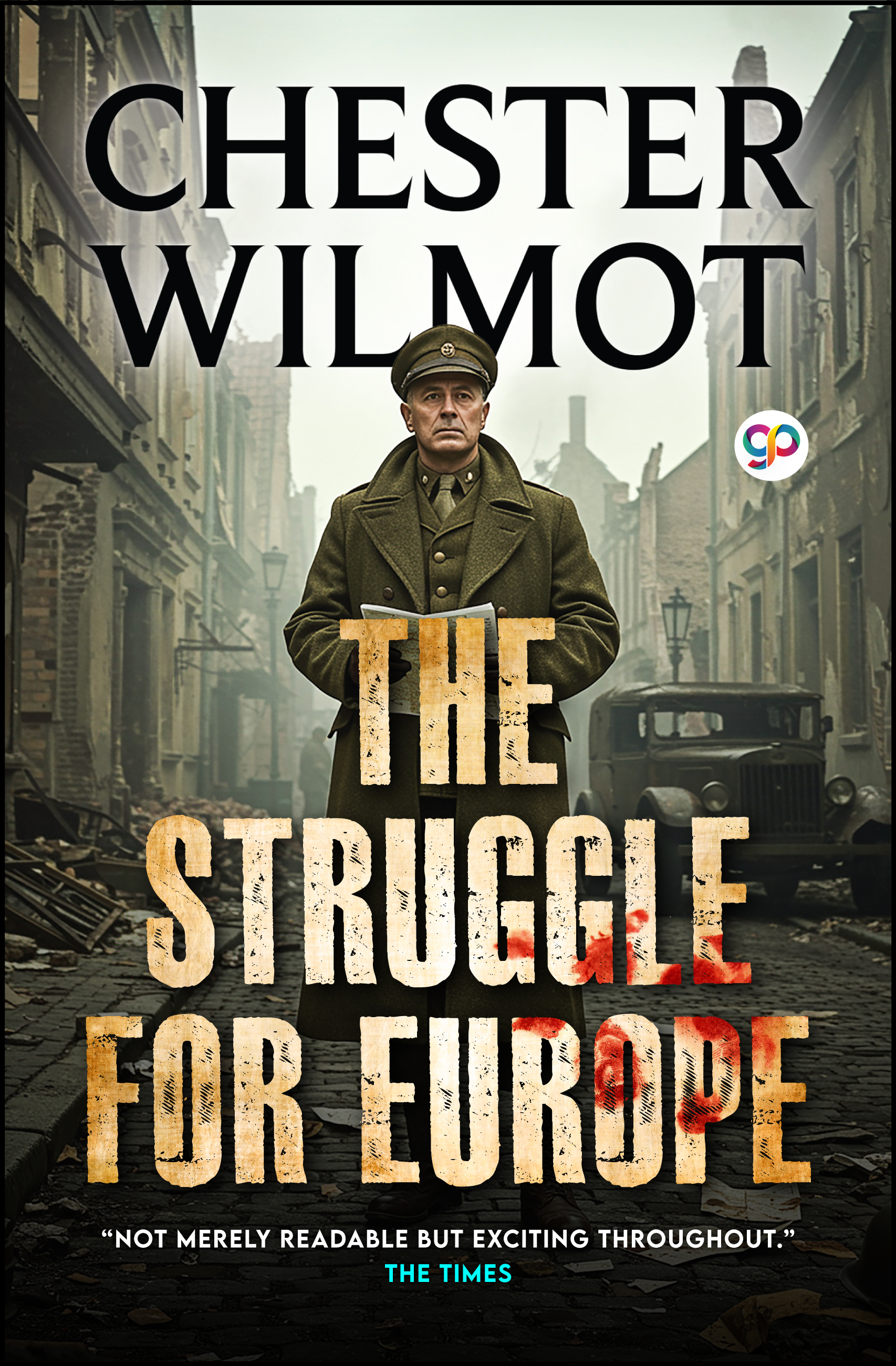
The Struggle for Europe (eBook)
“Not merely readable but exciting throughout.” —The Times
“Wilmot effectively invented the modern method of writing contemporary military history.” —John Keegan
“Impossible to praise too highly. Becomes at once a classic of contemporary history.” —Daily Telegraph, London
First published in 1952, ‘The Struggle for Europe’ is a masterful account of the European battles of World War II by Australian historian and war correspondent Chester Wilmot. Renowned for his engaging narrative and thorough research, Wilmot presents a detailed and vivid chronicle of the military campaigns that defined the war in Europe.
Drawing on interviews with military leaders, official records, and personal insights, the book traces the conflict from the early invasions through to the Allied push into Germany. Wilmot skillfully combines strategic analysis with human stories, revealing the complexities of warfare and the enormous sacrifices made by both soldiers and civilians.
Beyond tactics and battles, ‘The Struggle for Europe’ explores the political and social impact of the war, offering a balanced perspective on the forces that shaped modern Europe. Its clear prose and compelling storytelling make it an enduring classic in military history.
This essential work remains a powerful and insightful resource for readers seeking to understand the monumental struggle that transformed Europe and the world.
BEST SELLERS
About the Author
Chester Wilmot (1911–1954) was an Australian war correspondent and author best known for his detailed reporting during World War II and his influential book The Struggle for Europe (1952). Born in Melbourne, Australia, he studied at the University of Melbourne and later at Oxford as a Rhodes Scholar. His academic background in law and history laid the foundation for his future career in journalism and analysis.
During World War II, Wilmot became a prominent war correspondent for the Australian Broadcasting Commission and the BBC. He reported from key battlefronts, including North Africa and the Middle East, but gained the most recognition for his coverage of the Allied invasion of Normandy in 1944. His firsthand reports were respected for their clarity, accuracy, and depth, earning him a reputation as one of the war’s leading journalists.
In the postwar years, Wilmot focused on writing and broadcasting. His book The Struggle for Europe remains a landmark in military history, offering a comprehensive and analytical account of the Western Front in World War II. It was praised for its objectivity and use of firsthand sources.
Tragically, Wilmot died in a plane crash over the Mediterranean Sea in 1954 at the age of 42. His legacy endures in war journalism and historical writing.

